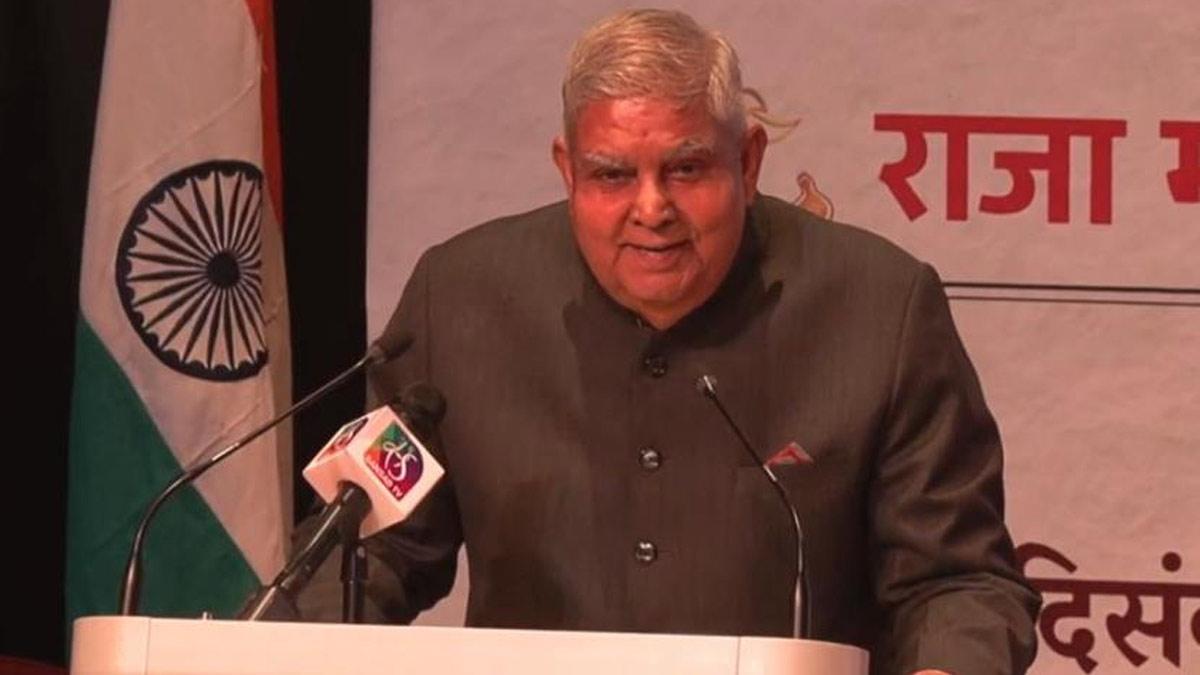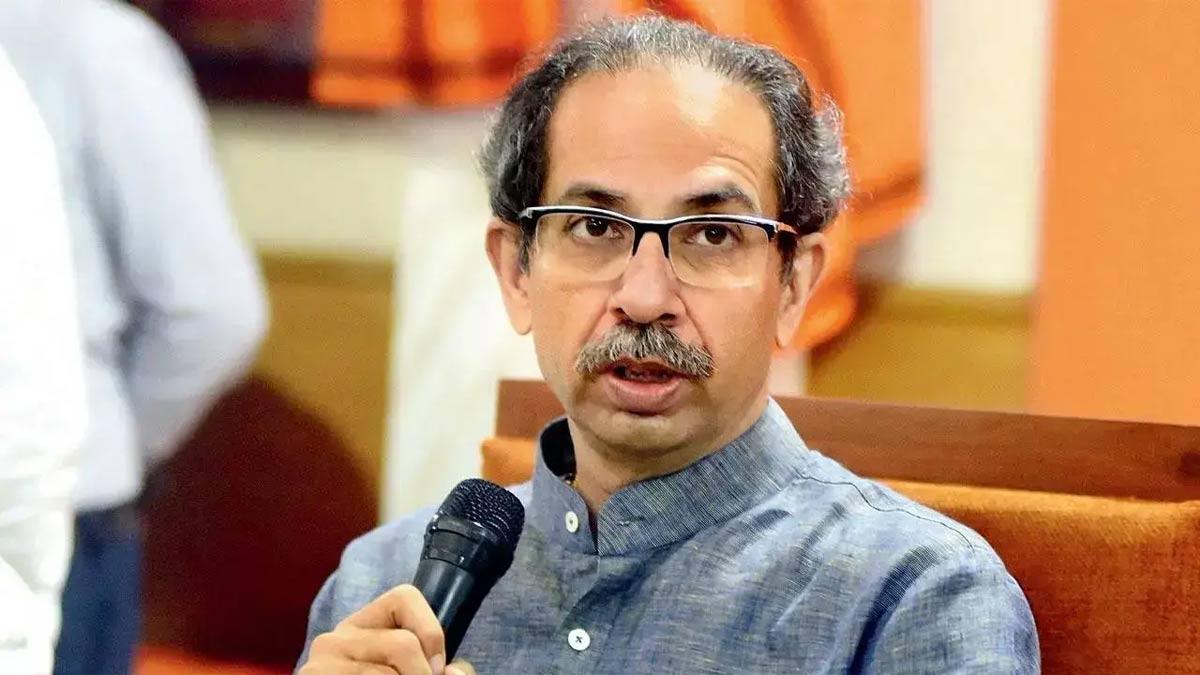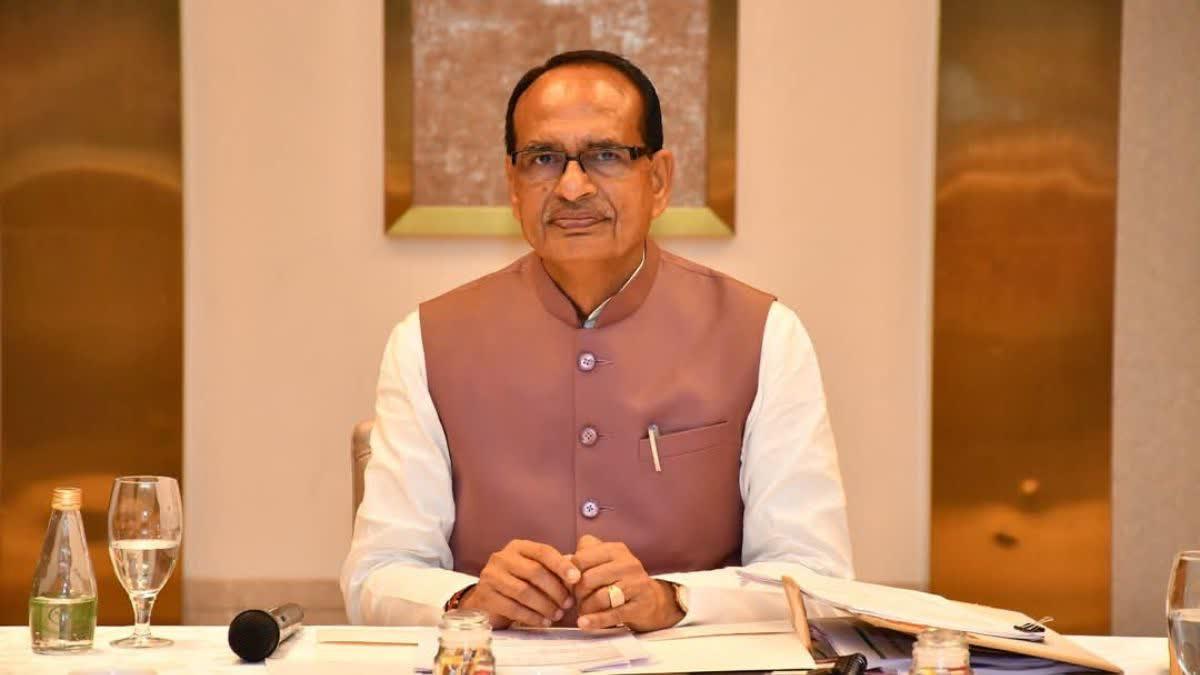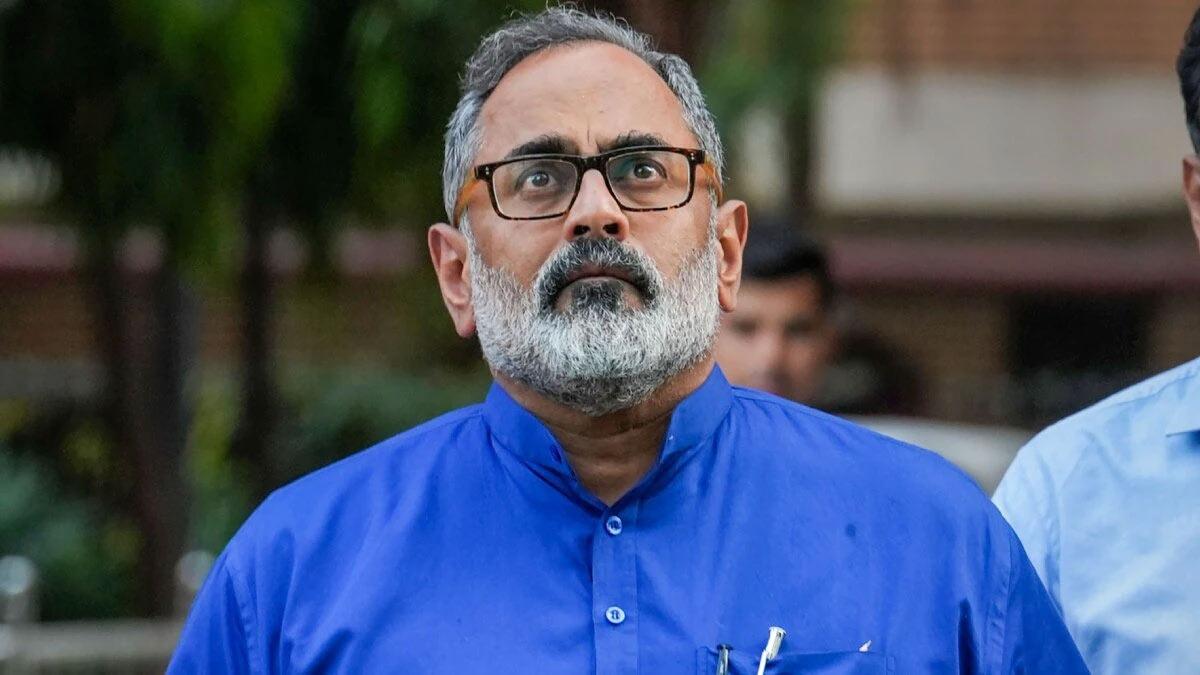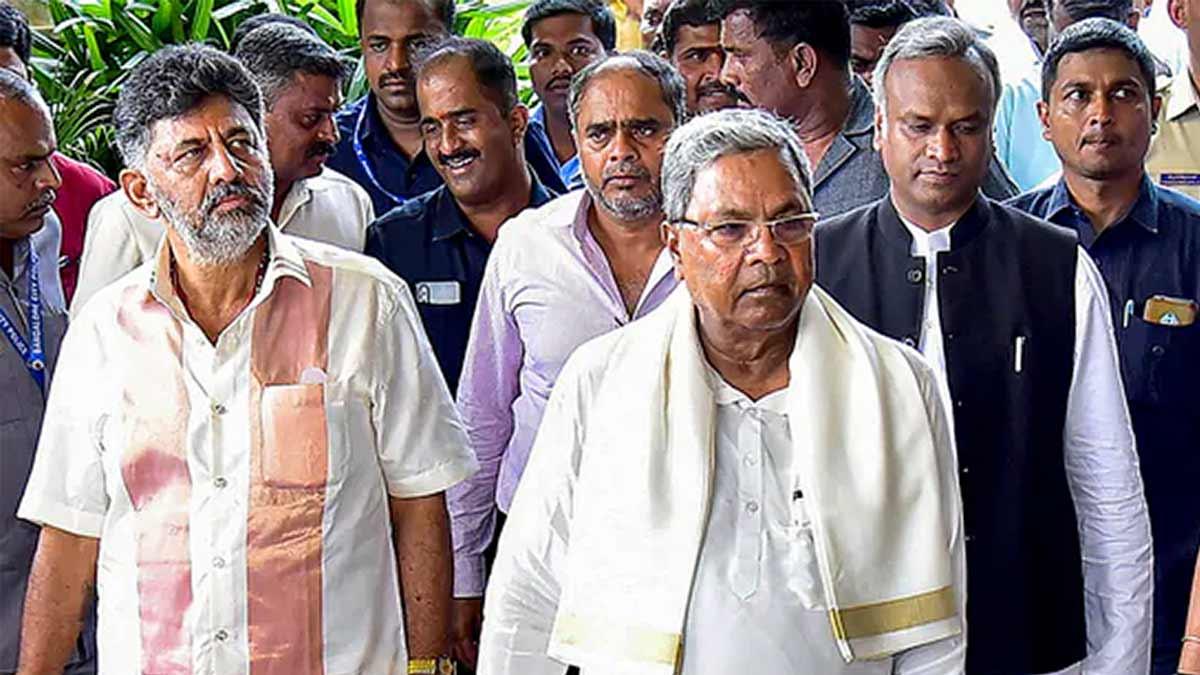After Vice President Jagdeep Dhankhar's open criticism of the Supreme Court's recent ruling giving a three-month time limit to the President and governors to respond to Bills reserved for assent, political and legal circles have been debating hotly.
Kapil Sibal, a senior Rajya Sabha member and ex Union Law Minister, condemned the Vice President's remarks as "unconstitutional" and expressed serious concern over what he called an unprecedented action.
"I have never witnessed any Rajya Sabha chairman make political statements of this kind," Sibal said.
In support of Jagdeep Dhankhar, senior Supreme Court lawyer Mahesh Jethmalani went on social media platform X to explain the legal basis of the Vice President's position.
Though some may raise the constitutional propriety of a symbolic second head of State getting involved in a dispute between two branches of government, highlighting an evident constitutional defect (Dhankhar, a distinguished jurist, is right in doing so) that Article 145(3) requires any question relating to the interpretation of a Constitutional provision to be resolved by a 5-judge bench, thereby making the 2-judge bench order void, certainly meets the Vice President's constitutional obligation," Jethmalani argued.
Jethmalani further expanded his critique by expressing concerns about the judiciary’s behavior in recent times.
“A series of issues have recently surfaced, creating a public perception that the Indian judiciary lacks transparency and accountability in handling sensitive internal matters, with judicial corruption being a major concern,” he remarked.
He alluded to the current #JusticeYashwantVarma controversy, which has prompted calls for judicial asset declarations and more robust mechanisms to combat corruption in the judiciary.
"The declaration of assets by judicial officers, including those in the #SupremeCourt, breaking away from mere retransfer of errant judges to other courts, and subjecting possibly corrupt judges to criminal inquiries, or inquiries by institutions such as the #Lokayukt and #Lokpal," Jethmalani explained.
Furthermore, he also spoke about judicial encroachment, especially in issues of private law, where, according to his perception, courts have exceeded their authority, usurping executive prerogatives. "There is a growing public perception that the higher judiciary is increasingly overreaching, intruding into areas that should fall under the executive's jurisdiction," he said.
"In private law cases (e.g. courts invoking Articles 14 & 21 to strike down unilateral government arbitration clauses, overruling the freedom of contract), the executive might sidestep a confrontation by limiting arbitration where the government is a party, except in low-value contracts," Jethmalani proposed.
Referring specifically to the Supreme Court's recent judgment on gubernatorial delays in giving assent to Bills, he cautioned against the possibility of conflict.
"The recent 2-judge ruling by the Supreme Court, imposing a 3-month deadline on the #PresidentofIndia to dispose of Bills reserved for her assent by the #GovernorofTamilNadu, was destined to ruffle a hornet's nest," Jethmalani observed.
He also commended Vice President Dhankhar for taking a "bold stand" on the matter.
"It required the indefatigable and Hon'ble #VP of India #JagdeepDhankharji to intervene and take corrective action," Jethmalani added.
Read also| Mayawati Slams SP for 'Exploiting Dalit Leaders' Amid Rana Sangha Controversy
Read also| Robert Vadra Asserts 'Truth Will Prevail' Amid ED Questioning

